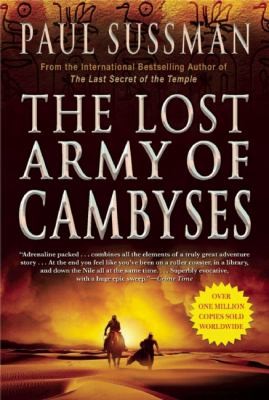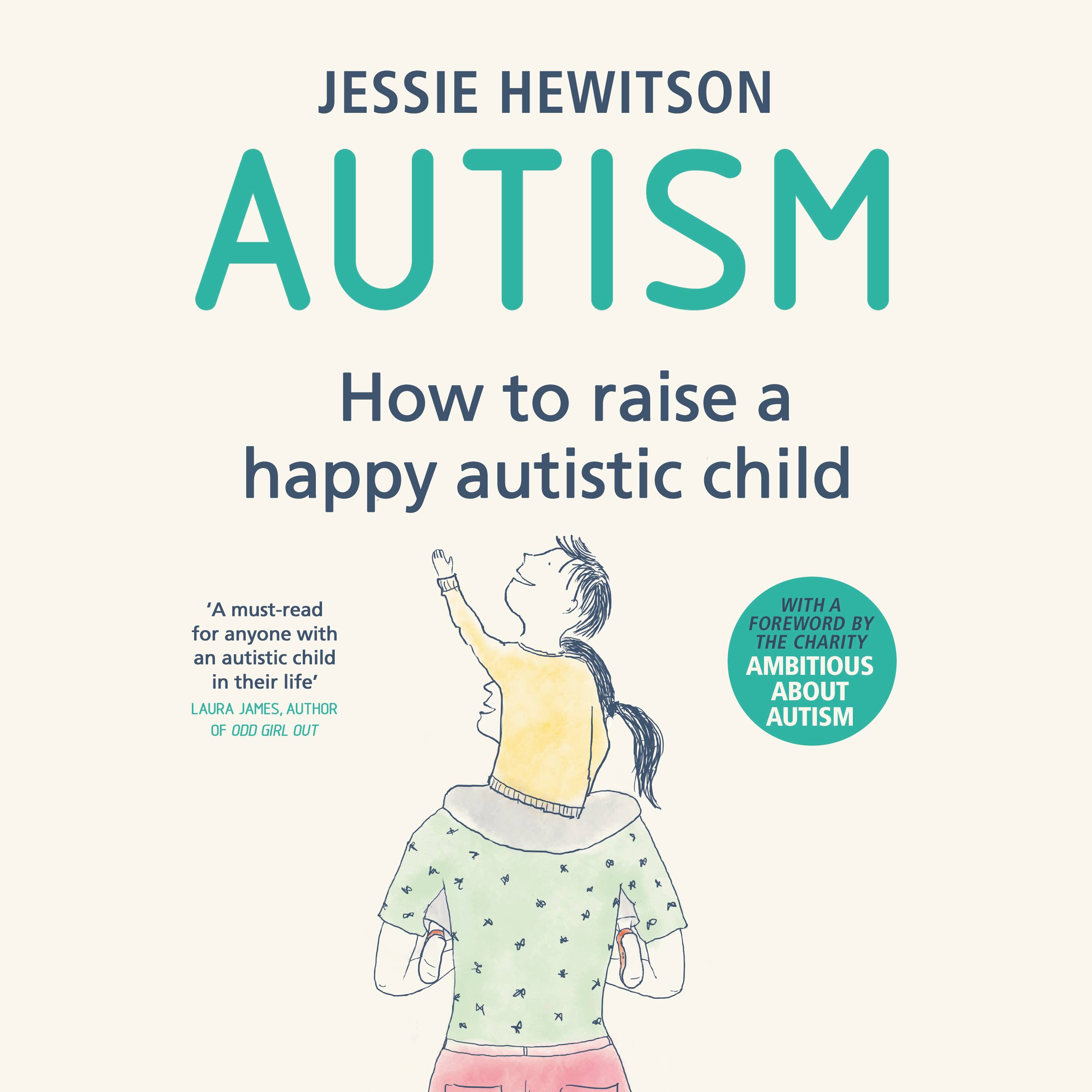Murf started reading Armageddon by Max Hastings

Armageddon by Max Hastings
Armageddon is the epic story of the last eight months of World War II in Europe by Max Hastings--one of …
"Why, yes, I am still upset that the Library of Alexandria burnt down"
This link opens in a pop-up window
83% complete! Murf has read 20 of 24 books.

Armageddon is the epic story of the last eight months of World War II in Europe by Max Hastings--one of …

In fiction, the spy is a glamorous figure whose secrets make or break peace, but, historically, has intelligence really been …

A mutilated corpse washes up on the banks of the Nile, an antiques dealer is murdered, and an eminent British …

A mutilated corpse washes up on the banks of the Nile, an antiques dealer is murdered, and an eminent British …

For every child diagnosed with autism, there are usually two worried parents who may not have a clue about the …
Contact engenders more trust, more solidarity and more mutual kindness. It helps you see the world through other people’s eyes. Moreover, it changes you as a person, because individuals with a diverse group of friends are more tolerant towards strangers. And contact is contagious: when you see a neighbour getting along with others, it makes you rethink your own biases.
[..]
Mark Twain figured that out as early as 1867, observing that ‘travel is fatal to prejudice, bigotry, and narrow-mindedness’. This is not to say we need to change who we are. Quite the opposite. Among the most notable findings to come out of contact science is that prejudices can be eliminated only if we retain our own identity. We need to realise it’s okay that we’re all different – there’s nothing wrong with that. We can build strong houses for our identities, with sturdy foundations. Then we can throw open the doors.
— Humankind by Rudger Bregman (Page 358 - 362)
In truth, it’s the cynic who’s out of touch. In truth, we’re living on Planet A, where people are deeply inclined to be good to one another. So be realistic. Be courageous. Be true to your nature and offer your trust. Do good in broad daylight, and don’t be ashamed of your generosity. You may be dismissed as gullible and naive at first. But remember, what’s naive today may be common sense tomorrow.
— Humankind by Rudger Bregman (Page 379)
Snipers much more often belong to the 1 to 2 per cent of soldiers who are psychopaths and have no natural aversion to killing. See Susan Neiman, Moral Clarity. A Guide for Grown-Up Idealists (Princeton, 2008), p. 372.
— Humankind by Rudger Bregman (Page 379)
Many soldiers who fought in the First and Second World Wars were also traumatised; however, Vietnam was comparatively much more traumatic. Of course, other factors were also to blame (such as the chilly reception Vietnam vets received on their return), but all the evidence suggests that the biggest was how the soldiers were conditioned to kill. Three recent studies among 1,200 veterans of Vietnam, 2,797 of Iraq and 317 of the Gulf War have shown that soldiers who killed (enabled by their conditioning) are at a substantially higher risk of PTSD.
— Humankind by Rudger Bregman (Page 379)
‘If you make a film about a man kidnapping a woman and chaining her to a radiator for five years – something that has happened probably once in history – it’s called searingly realistic analysis of society. If I make a film like Love Actually, which is about people falling in love, and there are about a million people falling in love in Britain today, it’s called a sentimental presentation of an unrealistic world.’ Richard Curtis
— Humankind by Rudger Bregman (Page 379)
Education has become something to be endured. A new generation is coming up that’s internalising the rules of our achievement-based society. It’s a generation that’s learning to run a rat race where the main metrics of success are your résumé and your pay cheque. A generation less inclined to colour outside the lines, less inclined to dream or to dare, to fantasise or explore. A generation, in short, that’s forgetting how to play.
— Humankind by Rudger Bregman (Page 286)
De Blok has a very different take on things. He sees his employees as intrinsically motivated professionals and experts on how their jobs ought to be done. ‘In my experience, managers tend to have very few ideas. They get their jobs because they fit into a system, because they follow orders. Not because they’re big visionaries. They take some “high-performance leadership” courses and suddenly think they’re a game changer, an innovator.’
‘What you get with all these MBA programmes is people convinced they’ve learned a convenient way to order the world. You have HR, finance, IT. Eventually, you start believing that a lot of what your organisation is accomplishing is down to you. You see it with loads of managers. But subtract management and the work continues as before – or even better.’
— Humankind by Rudger Bregman (Page 272)
Top-down authoritarianism is out, anarcho-syndicalism is in.